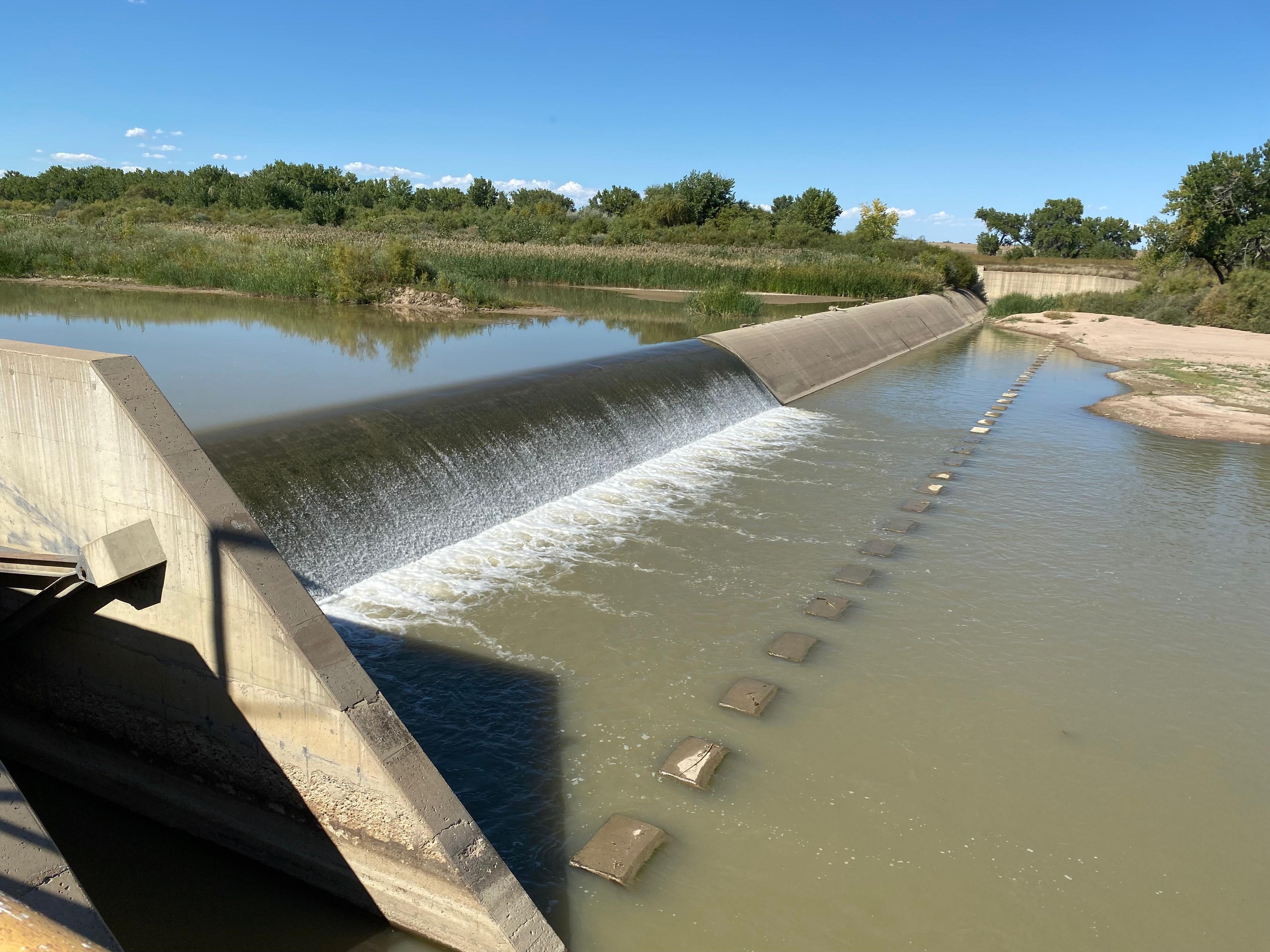
Colorado Springs Utilities is joining a growing list of water managers and local governments across southeastern Colorado in decrying Aurora Water’s recent purchase of a large farm and water rights in Otero County.
The Colorado Springs utility — which is overseen by the city council — is among the counties, cities and other agencies who say that Aurora Water is violating the terms of a 2003 agreement. That contract with the Southeastern Colorado Water Conservancy District allows Aurora to use water rights in the Arkansas River Basin along with infrastructure managed by the district but with limitations and only under certain conditions. That includes only using the water three years out of every ten and only when Aurora’s storage reservoirs are below 60 percent capacity.
Colorado Springs Utilities is part of the southeastern Colorado water district, along with nine counties and dozens of municipalities, rural water systems and irrigation companies within the Arkansas River Basin stretching from Leadville to the Kansas border.
“We pay taxes to support that project (SECWCD) in the Arkansas Basin. Having that project utilized for the city of Aurora, which clearly does not sit in that basin, was problematic,” said Abigail Ortega of Colorado Springs Utilities during a recent presentation to the utilities board. She was referring to the reason for the original agreement between Aurora and the southeastern Colorado water district.
Ortega said El Paso County and Colorado Springs residents make up about 70% of the Southeastern Colorado Water Conservancy District's more than 950,000 users.
The southeastern Colorado water district and water managers in the Arkansas River Basin want legal documentation from Aurora to ensure that the water will not permanently leave the basin. Officials from Aurora and the water district met in early May to discuss the district’s concerns.
"The district's position has not changed. We firmly believe Aurora is in violation of the 2003 agreement and will proactively take the steps necessary to resolve the issue,” the southeastern Colorado water district’s board president Bill Long told KRCC in an email following the meeting, “weighing the option or options that best serve the district is our No. 1 goal.”
Aurora Water officials said they are complying with the terms they’ve agreed to.
Greg Baker, a spokesman for Aurora Water, said in an email, “Our reservoirs are in good shape this year, so we would not be able to utilize this water this year under the agreement. It will stay in agriculture, as it will most years.”
During Ortega’s recent presentation, Colorado Springs City Council member Brian Risley said it is important to understand the distinction between a Denver metro, Northern Colorado municipality and a Southern Colorado Arkansas River Basin participant in the southeastern Colorado water district, noting the utility’s water sharing agreements with farmers in the basin.
“I think that's really important,” Risley said. “Because it speaks to the symbiotic nature that we have with the southeastern plains and the communities in that part of the state. We absolutely rely on them. We need them. We respect them. We understand the value and the importance that rural areas play for places like Colorado Springs.”
Agencies in Denver and the surrounding metro area lose sight of that connection, according to Risley.
“They're the Denver Metro Complex,” he said. "They're going to just do whatever they want to do and the rest of the state has to go along with it.”
Representatives for both the Southeastern Colorado Water Conservancy District water district and Aurora Water said they’ll continue discussions about a potential resolution.









